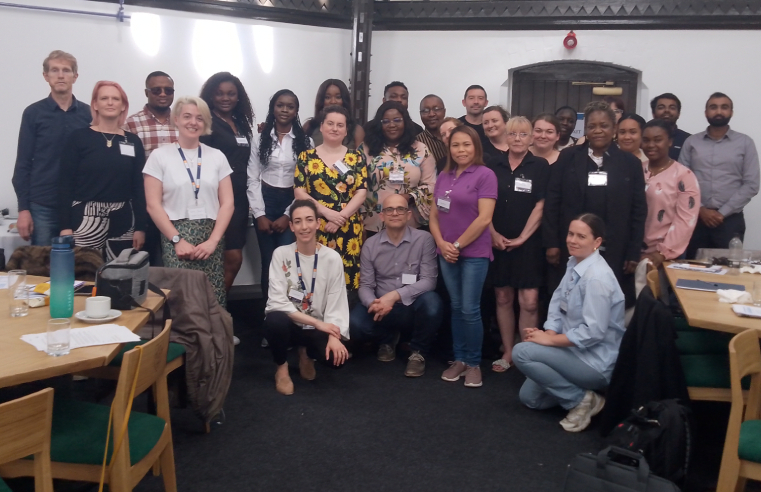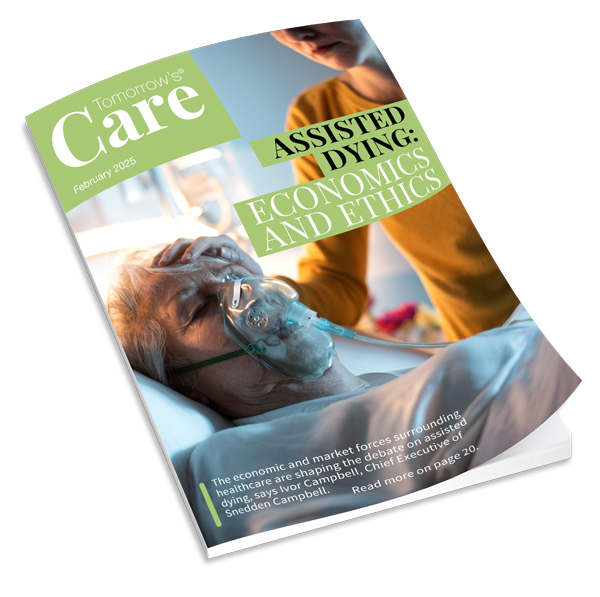By changing the way services to older people are organised, the Commission feels care services can improve and relieve the growing pressure on acute hospitals, enabling them to focus on providing timely, high quality care for those who really need it.
Commission calls for radical rethink of care for older people

Published on 28/01/2016
The Commission on Improving Urgent Care for Older people has today called for care to be driven by the needs of individuals rather than rigid structures. The independent report calls for a fundamental change to the way care for older people is designed and delivered.
People aged over 85 are the fastest growing age group in England, while the population of those over 65 is expected to increase by 50% by 2030. The Growing Old Together report states that it is critical for the health and care system to adapt to meet the needs of today’s population.
The research sets out key principles for revolutionising the way that urgent care for older people is delivered, focusing on how people receive the right care based on their needs and wishes.
By changing the way services to older people are organised, the Commission feels care services can improve and relieve the growing pressure on acute hospitals, enabling them to focus on providing timely, high quality care for those who really need it.
By changing the way services to older people are organised, the Commission feels care services can improve and relieve the growing pressure on acute hospitals, enabling them to focus on providing timely, high quality care for those who really need it.
Conversations with senior leaders across the care system, clinical experts and carers have led to the creation of eight key principles setting out a vision for joined up, personalised and proactive care.
These include always starting with care driven by the person’s needs and personal goals, care co-ordination that offers older people a single point of contact, as well as prioritising proactive and preventive care so that the health and care system is not structured around “short-term” reactive fixes but instead long-term solutions for helping people to maintain their independence where possible.
Speaking about the newly published study Dr Mark Newbold, Chair, Commission on Improving Urgent Care for Older People said: “We have talked too much in the past about integrating the providers of services and not enough about integrating care around people. It is the coordination of personal care for individuals that really matters. It is unacceptable to expect older people and carers to navigate a very complex system.
“Older people do need to access A&E at times, and the best hospitals tailor their service to meet their needs. But all too often, older people are forced to go to A&E because the alternative services that would help them be cared for at home are not available at the time they need them.
“We want to help people to stay well both mentally and physically and receive care that responds to care needs and personal wishes. Achieving this is better for both the individual and the wider care system.”
The report cites evidence of the success of initiatives across the country that have improved care and reduced pressure on the health service but says this needs to happen nationally.
Related News
Categories
- CQC ratings
- Care home news
- Care jobs
- Care planning
- Care sector awards
- Care sector events
- Care sector news
- Care staff
- Charity
- Cleaning & Hygiene
- Construction
- Dementia
- Disability
- Entertainment
- Finance
- Fitness
- Food & Drink
- Fundraising
- Furniture
- Health & Safety
- Healthcare
- Hospice & Palliative Care
- Hospitals
- Industry Comment
- Interiors
- Laundry
- Legal
- Leisure
- Medication
- Mental Health
- Mobility
- New appointments
- PPE
- Products
- Property
- Recruitment
- Relationships
- Research
- Safeguarding
- Security
- Services
- Social care
- Sustainability
- Technology
- Training
- Transport
- Uniforms
- Waste
- Wearables























